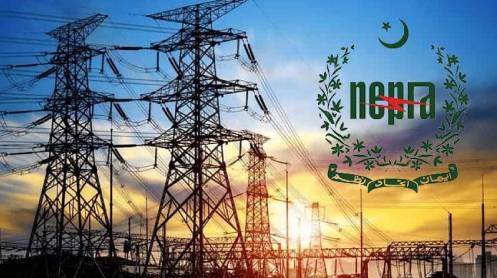ISLAMABAD: The National Electric Power Regulatory Authority (Nepra) has forecasted a Rs1.6 per unit reduction in the national average power tariff for the upcoming months due to quarterly adjustments. This decrease comes as the Rs1.74 per unit quarterly adjustment (QTA) from the March-July period expires.
During a public hearing led by Nepra Chairman Waseem Mukhtar, officials clarified that Discos (power distribution companies) had initially sought an additional Rs6.4 billion QTA, translating to an increase of 36 paisa per unit. However, Nepra’s calculations, corroborated by the Central Power Purchasing Agency (CPPA), reduced this to Rs1.63 billion, resulting in a marginal rise of 9 paisa per unit if applied over three months or 13 paisa over two months.
Sectoral Challenges
Stakeholders discussed the broader impacts of declining electricity sales, with a 10% drop reported nationwide. Faisalabad Electric Supply Company (Fesco) noted a 14% decrease, while Multan Electric Power Company (Mepco) faced a 45% drop, largely attributed to reduced tube well usage. Loadshedding aimed at minimizing losses was identified as a contributing factor to lower consumption.
Nepra Member Mathar Niaz Rana emphasized the need to study advancements in solar and battery technologies, suggesting proactive planning to adapt to changing energy dynamics. Chairman Mukhtar proposed involving academic institutions like LUMS for this analysis.
Meanwhile, Member Rafiq Sheikh advocated for the privatisation or restructuring of Discos into smaller, more manageable units, citing governance challenges as a key impediment to operational improvements.
Consumer Relief and Future Outlook
Despite challenges, the anticipated reduction in tariffs could ease the financial burden on consumers. However, unresolved issues, such as reliance on expensive alternatives due to the closure of the Neelum-Jhelum power project, remain a concern. Nepra acknowledged the lack of accurate data on solar system installations and industry closures, underscoring the need for better monitoring and strategic reforms.
The hearing highlighted the urgent need for governance enhancements and technological integration to ensure a sustainable and efficient power sector.
Story by Khaleeq Kiani





